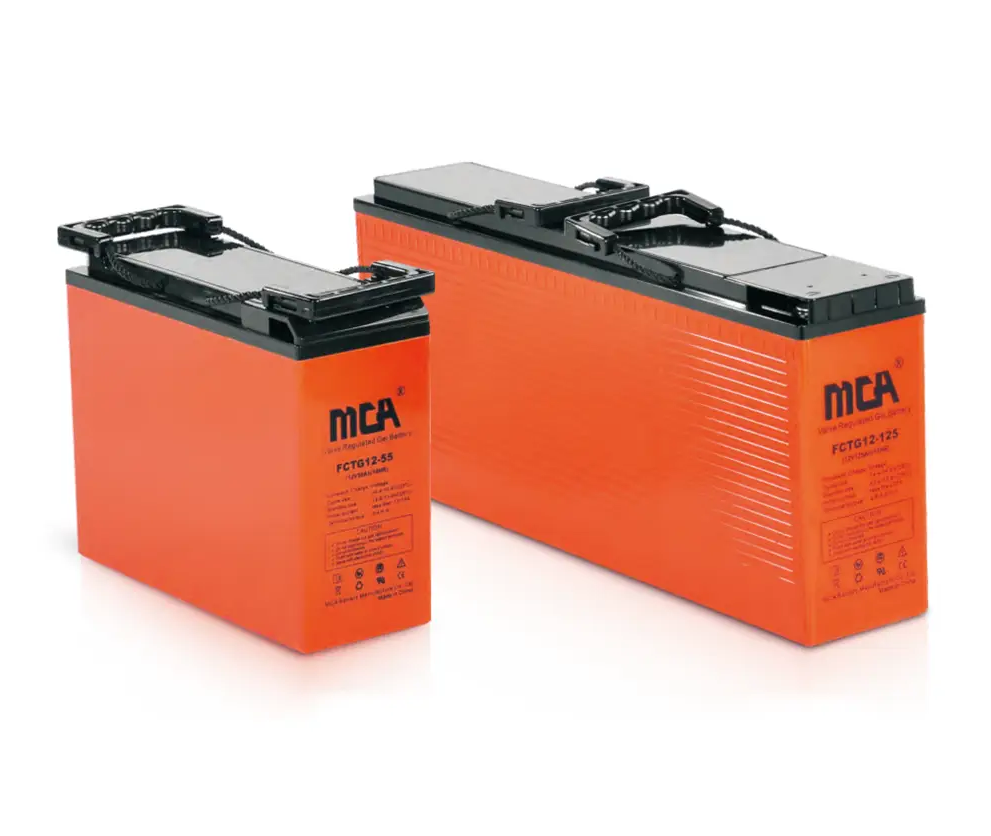07
2025
-
08
The Rise of Generation Lithium Batteries: Revolutionizing Energy Storage
The term "Generation Lithium Battery" refers to the advanced lithium-ion battery technology that has significantly evolved over the past few decades. Unlike traditional lead-acid batteries, lithium batteries offer a range of benefits, including higher energy density, enhanced efficiency, and longer life cycles. These characteristics make them an ideal choice for a variety of applications, from powering smartphones to electric vehicles and grid storage solutions.
One of the most significant advantages of Generation Lithium Batteries is their high energy density. This metric measures the amount of energy stored in a given volume, and lithium batteries outperform their competitors by a substantial margin. This property allows manufacturers to create lighter and more compact energy storage systems, which is particularly advantageous in the automotive industry. Electric vehicles (EVs) equipped with lithium batteries can achieve longer ranges on a single charge, addressing one of the primary concerns consumers have about adopting electric mobility.
Additionally, the efficiency of Generation Lithium Batteries is noteworthy. These batteries can charge and discharge quickly, enabling rapid energy transfer. This feature is crucial for applications that require high power output, such as electric sports cars or electronic gadgets that demand quick charging times. Moreover, lithium batteries exhibit lower self-discharge rates compared to traditional batteries, ensuring that they retain their charge for longer periods even when not in use.
An important aspect of Generation Lithium Batteries is their environmental impact. While lithium extraction and battery production can pose challenges, advancements in technology are leading to more sustainable practices. Recycling processes for lithium batteries are becoming increasingly sophisticated, allowing for the recovery of valuable materials and minimizing waste. As society pushes towards a greener future, the potential for lithium batteries to reduce carbon footprints and support renewable energy initiatives is immense.
However, it's essential to acknowledge the challenges that accompany the proliferation of Generation Lithium Batteries. Safety concerns related to thermal runaway and battery degradation over time are ongoing issues that researchers are actively working to address. As innovation continues, improvements in battery management systems and materials science are expected to mitigate these risks.
In conclusion, the evolution of Generation Lithium Batteries represents a significant leap forward in energy storage technology. Their unparalleled efficiency, environmental benefits, and versatility are making them the backbone of numerous sectors. As we continue to seek sustainable energy solutions, the importance of these advanced batteries will only grow, paving the way for a cleaner and more efficient future.
One of the most significant advantages of Generation Lithium Batteries is their high energy density. This metric measures the amount of energy stored in a given volume, and lithium batteries outperform their competitors by a substantial margin. This property allows manufacturers to create lighter and more compact energy storage systems, which is particularly advantageous in the automotive industry. Electric vehicles (EVs) equipped with lithium batteries can achieve longer ranges on a single charge, addressing one of the primary concerns consumers have about adopting electric mobility.
Additionally, the efficiency of Generation Lithium Batteries is noteworthy. These batteries can charge and discharge quickly, enabling rapid energy transfer. This feature is crucial for applications that require high power output, such as electric sports cars or electronic gadgets that demand quick charging times. Moreover, lithium batteries exhibit lower self-discharge rates compared to traditional batteries, ensuring that they retain their charge for longer periods even when not in use.
An important aspect of Generation Lithium Batteries is their environmental impact. While lithium extraction and battery production can pose challenges, advancements in technology are leading to more sustainable practices. Recycling processes for lithium batteries are becoming increasingly sophisticated, allowing for the recovery of valuable materials and minimizing waste. As society pushes towards a greener future, the potential for lithium batteries to reduce carbon footprints and support renewable energy initiatives is immense.
However, it's essential to acknowledge the challenges that accompany the proliferation of Generation Lithium Batteries. Safety concerns related to thermal runaway and battery degradation over time are ongoing issues that researchers are actively working to address. As innovation continues, improvements in battery management systems and materials science are expected to mitigate these risks.
In conclusion, the evolution of Generation Lithium Batteries represents a significant leap forward in energy storage technology. Their unparalleled efficiency, environmental benefits, and versatility are making them the backbone of numerous sectors. As we continue to seek sustainable energy solutions, the importance of these advanced batteries will only grow, paving the way for a cleaner and more efficient future.
Relevant News









